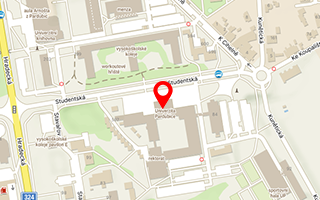Publikace detail
Methodology for Assessing the Impact of Workplace Ergonomic Factors on Airport Security Screener's Reliability and Performance
Autoři:
Zýka Jan | Drahotský Ivo
Rok: 2019
Druh publikace: článek v odborném periodiku
Název zdroje: Journal of Tourism and Services
Název nakladatele: Vysoká škola obchodní v Praze, o.p.s.
Místo vydání: Praha
Strana od-do: 104-116
